In the series hospitality influencers, we provide insights into the future of hospitality through interviews with inspiring individuals actively shaping the industry. These thought leaders share their stories and provide industry perspectives, challenges, opportunities, and innovations. Join us in exploring the future of hospitality.
In this interview, we speak with Dr. Ravi Mehrotra, the president and co-founder of IDeaS. As the son of an electrical engineer and avid chess player, he became interested in technology and how it can be applied to modeling real-world scenarios to help improve decision-making ability. With his friend Sanjay Nagalia, he co-founded IDeas, one of today’s leading revenue management companies.
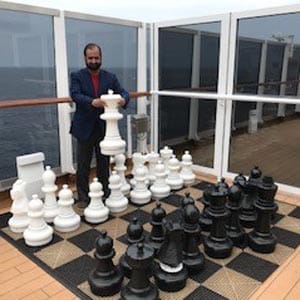
Can you tell us a bit about yourself?
I am Dr. Ravi Mehrotra, co-founder of IDeaS Revenue Solutions. As the son of an electrical engineer and avid chess player, I’ve long had an interest in technology and how it can be applied to modeling real-world scenarios to help improve the ability to make decisions.
Following in my father’s footsteps, I pursued a formal education in electrical engineering. First as an undergraduate student at the Indian Institute of Technology in Kanpur, then for a master’s degree at the University of Hawaii, and finally, I earned a Ph.D. from Carnegie Mellon University.
I began my professional career as an assistant professor at North Carolina State University. While I loved to teach and enjoyed the research work, I wanted to apply my strengths in the business world, so I transitioned from academia to a role at Texas Instruments. From there, I moved on to a role within a consulting firm before finally founding IDeaS Revenue Solutions in 1989 with our current COO and CTO, Sanjay Nagalia—a former classmate of mine in Kanpur.
Believe it or not, IDeaS was not initially founded with hotels and accommodation providers as our client base. Instead, we looked to the skies as a consulting firm, working with Northwest Airlines to create the world’s first network optimization system for revenue management.
Over time, it became clear that airlines, hotels, and other accommodation providers could greatly benefit from technology that maximizes the value of their perishable inventory – rooms. After landing our first key hotel clients in the 1990s, IDeaS has seen a continued trajectory of tremendous growth and success in this industry.
What was your first job in the hospitality industry?
While I did not “grow up” in the hospitality or travel industry in jobs like a bellhop, front desk agent, or sales, I quickly fell in love with the industry. I saw the appeal and opportunity while working with Northwest Airlines.
As a mathematician and scientist, I found how hotels work and the decisions they need to make incredibly intriguing. Many of these hoteliers own and manage their property. In many cases, it is their livelihood, providing them with a source of income for their families. They need to grow their revenue and understand how to set the right price at the right time to grow their income. That directly impacts their bottom line and, consequently, their family’s well-being.
When we got involved with the brands, I saw the many brilliant minds working in the burgeoning practice of revenue management and found an amazing group of people to work with to help drive the industry to what it is today.
What triggered you to start your company?
I knew through my time in academia that computers and data could help companies find answers to complex problems that would profoundly affect a hotel’s bottom line. I wanted to work on theoretical ways to solve these problems with computing power and see them be applied in a business environment. It was a significant and rewarding challenge for me.
What is the story behind your company? 1989, Sanjay and I founded Integrated Decisions & Systems (IDeaS) as a consulting company. Our first “big break” was working with Northwest Airlines on algorithms to optimize their network routing, though other airlines quickly followed suit.
In the mid-90s, we pivoted to focus our efforts on hotels. After launching our flagship revenue management system in 2003, we were soon acquired by the SAS Institute. This provided us the ability to scale far beyond what we could imagine when we got our start.
What is the story behind your company?
IDeaS has grown tremendously – I recall the excitement of reaching the 5,000 property milestone years ago, and we’ve just recently crossed the 30,000 property threshold. It’s remarkable to look back on what we’ve accomplished. I am incredibly proud to see what really was at one point just a few guys working on algorithms mature and grow into what is now a global organization of over 600 people serving hotels in 182 countries.
That growth speaks to the effectiveness of our solutions, the team we’ve assembled, and the critically important relationships we’ve built within the hospitality industry.
What does your company solve?
IDeaS helps hospitality providers make the most of the demand for their properties’ offerings. Our predictive analytics capabilities enable our clients to adjust and optimize their pricing strategies quickly and ensure they bring in as much revenue and profit as possible.
We also greatly streamline the needed work for accomplishing this goal with tools that automate the tedious, time-intensive, and error-prone manual efforts many hospitality providers have historically relied on for revenue management.
What challenges did you face while developing and launching your technology? How did you overcome them?
There were certainly challenges along the way. For one, hotels are much more complex than what guests see. There are a myriad of operational factors to understand—corporate discounts, channel distributions, group pricing, room type hierarchies, and so on—that all add complexity to revenue optimization calculations. You need a deep understanding of how it all works together to provide an effective automated solution.
But, perhaps the bigger challenge was getting the industry comfortable with a unique way of thinking and excited about automated revenue management. People are naturally hesitant to change how they do business, and while we knew our software would greatly benefit hoteliers, the inertia of “That’s the way we’ve always done it.” was substantial.
Much effort was needed to get hoteliers comfortable with the concept of Last Room Value, overbooking practices, and understanding why, in certain high-demand situations, it is better to turn away some business based on length of stay or other parameters.
Adopting an automated RMS took some big changes, and perhaps a leap of faith, from our earliest clients – but the results were undeniably strong. Seeing those results in practice helped open up many doors and made prospective clients more willing to embrace the changes they’d need to make.
Who were the people that have been the most helpful in getting you to where you are today? How did they impact your life and your success?
This is a great question and one that has many answers. But I will offer two. One person who had a life-changing impact on how I think and approach business and another person who helped me get to where we are today.
The first is Albert Einstein. Einstein is known for being one of the world’s foremost mathematicians. What many people do not realize about Einstein is that it is not his mathematical discoveries that influenced me but his immense talent to make the most complex concepts and theories understandable to the common person.
He was able to model the real world so people could understand and apply the impact. I live by that approach today, and it is still a core value in everything we do at IDeaS – using science to model complex problems in the real world, resulting in value the business can understand.
The other is Sanjay Nagalia, my friend and IDeaS Co-Founder. While I worked through the science, Sanjay was the key person to interpret that science and build the foundation of how our clients could make business decisions. He was my interpreter in making the business decisions we produced actionable so our clients could see the value and transform their business.
How do you balance the traditional touchpoints of hospitality with technology?
I don’t see the traditional service-driven side of hospitality and technology as being at odds. Ideally, hospitality technology tools will enhance guest experience either indirectly or directly. At IDeaS, our solutions are not guest-used, but we still strive to provide that “white glove” treatment for our clients so they can, in turn, continue to meet the high standards of service their guests expect.
We also must consider that, while guests aren’t using our solutions, they directly impact the price they pay and, for many guests, their satisfaction.
Throughout my organization, you’ll find talented hospitality industry veterans who deeply understand the day-to-day challenges accommodation providers face and can anticipate their needs. Our focus is the trust of our clients and our unwavering commitment to treating their business with the care we treat ours. Their business is our business.
How do you stay up-to-date with the latest trends and advancements in the hospitality industry and technology? How do you incorporate them into your product roadmap?
We are incredibly fortunate to have several direct lines of communication with hoteliers and other technology partners in the hospitality space. This gives us a lot of insight into the state of the industry, and the anecdotes, wishes, and concerns that bubble up from this communication are often the fuel we use for product development innovation.
For instance, as pandemic-driven consolidation led to an increasing number of hospitality organizations opting for a “cluster” approach to revenue management, where one employee may be responsible for a dozen or more properties, it became clear to us that we could help cluster RMs (revenue managers) with the challenges this presents. In turn, we developed Optix, which helps larger portfolio RMs with estate and individual property reporting and prioritization.
How will technology change the hospitality industry over the next five to ten years? Where do you see your company fitting into that future?
In recent years, hoteliers have understandably focused a lot of their technology investments on guest-facing tools that cater directly to their needs and experiences. But hoteliers and investors will also increasingly focus on the technology tools available to their staff. Huge pockets of the globe are staring down massive demographic challenges as the post-WWII baby boom ages out of the workforce. Staffing limitations are already a challenge.
Logically, the next step is figuring out what hoteliers can do to make more with less. Internal systems and processes are a prime target for hoteliers looking to automate where they can and maximize the efficiency of their staff. This will become a necessary investment for hoteliers as they aim to maintain high guest satisfaction and service.
More Tips to Grow Your Business
Revfine.com is the leading knowledge platform for the hospitality and travel industry. Professionals use our insights, strategies, and actionable tips to get inspired, optimize revenue, innovate processes, and improve customer experience.Explore expert advice on management, marketing, revenue management, operations, software, and technology in our dedicated Hotel, Hospitality, and Travel & Tourism categories.

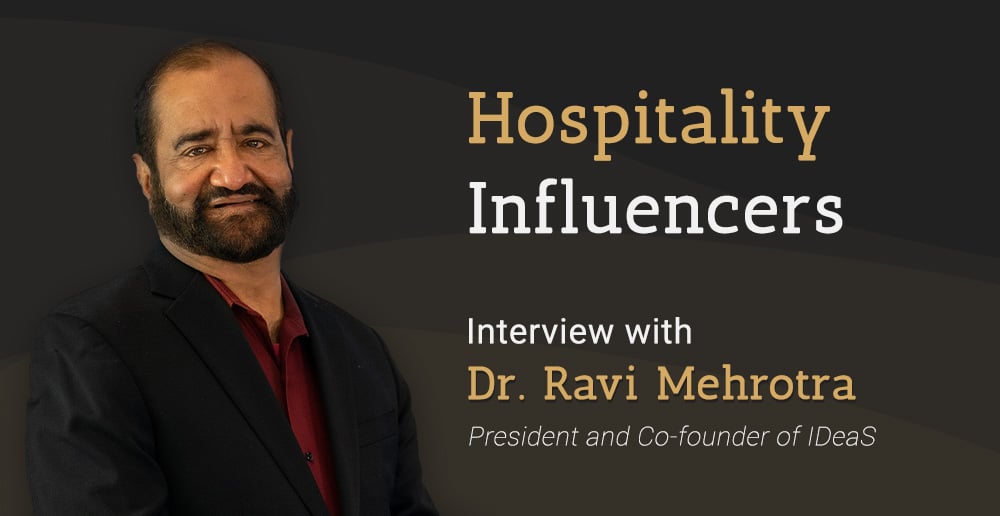
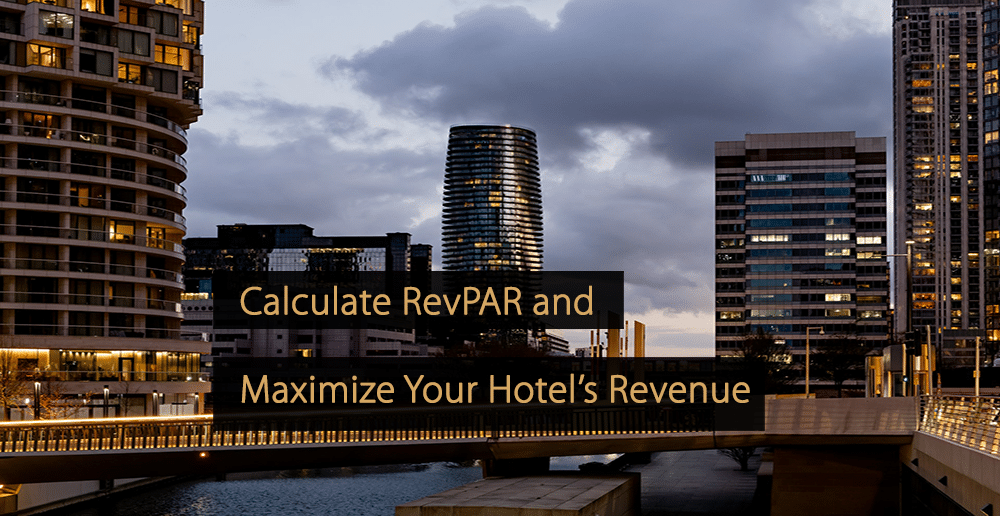
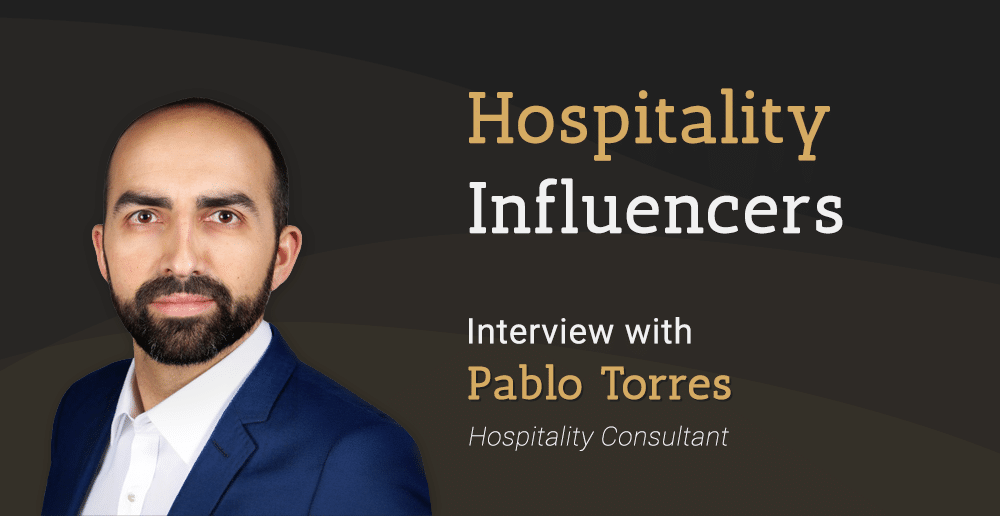
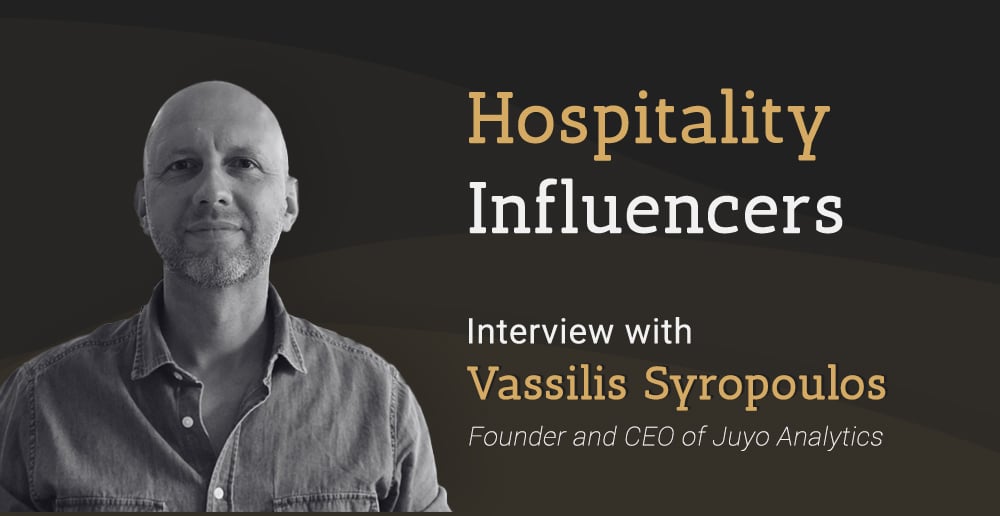
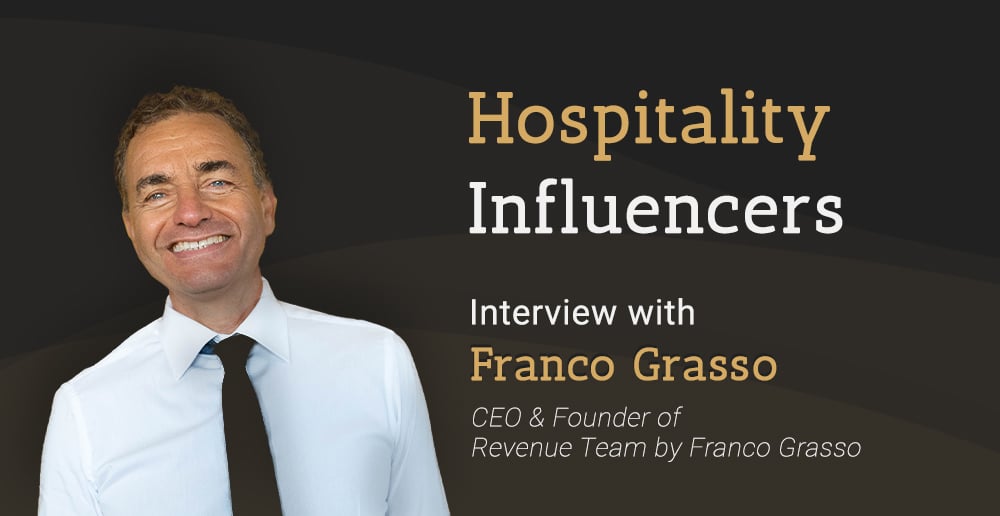
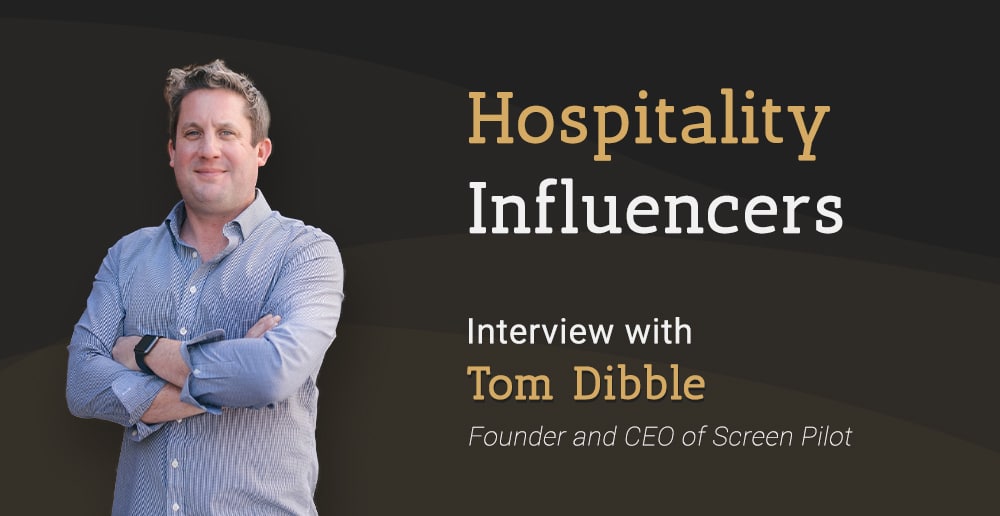
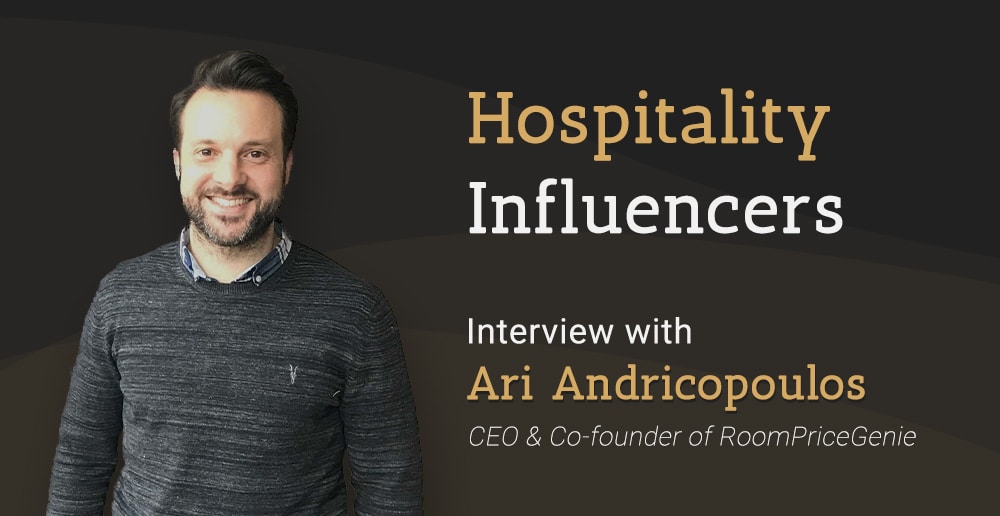
Leave A Comment